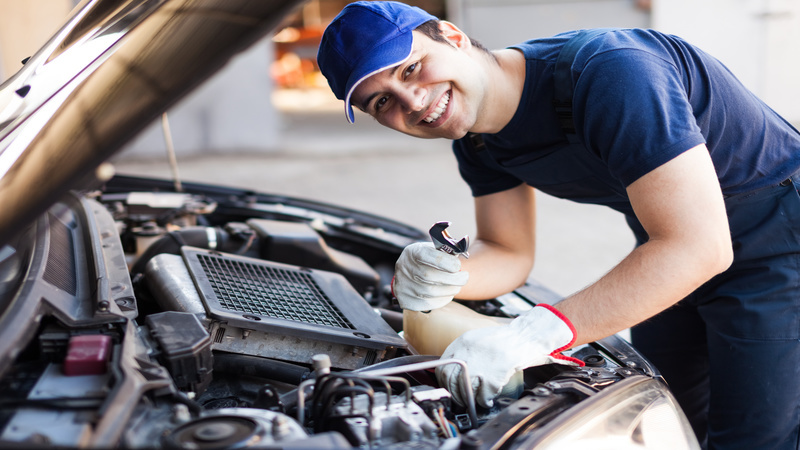Of all the reasons people bring their vehicles in for brakes repair service in Cedar Rapids IA, below are one of the most common. Every day, a car’s brakes undergo tremendous friction and stress to bring the car to a stop safely and quickly. If a car’s brakes aren’t what they should be, it’s important to solve the problem before it worsens. Below, readers will find a list of the most common brake issues.
Squeaky Brakes
Squeaking is a reliable sign that the brake pads are worn. Brakes are equipped with a friction pad that presses against the disc or drum to stop the vehicle. Over time, the pad wears down, reducing the car’s stopping ability. If the vehicle’s brakes are squealing or squeaking, replacement brake pads are likely to solve the problem.
Sticking
Brakes that don’t decelerate smoothly and evenly are considered sticky. Most sticky brakes are due to the buildup of brake fluid, oil, grease and road debris. If that’s the case, a treatment with a degreaser may be all that’s required. However, warped rotors or brake drums can cause similar symptoms, and they may require the customer to Visit Milex Complete Auto Care for replacement or surfacing.
Pulling to the Side
Poorly adjusted brakes may feel as if they pull to the side. Adjustment issues are simple to correct, but other problems may cause a vehicle to pull to the side, such as a misshapen wheel cylinder or a loose wheel bearing.
Low Fluid Level
A low level of brake fluid usually indicates a leak within the system. Leaks can occur in the brake lines, hoses, wheel cylinders or calipers. Vehicles with a brake fluid leak shouldn’t be driven until they’ve had Brakes Repair Service in Cedar Rapids IA.
Squishy Pedal
A spongy- or squishy-feeling brake pedal is an indication that air is trapped somewhere in the system. This issue can arise due to poor bleeding or a low brake fluid level, and to solve it, the brakes may need to be bled, or a leak may need to be stopped.
No Brake Pedal
If the car’s brake pedal goes down to the floorboard, the culprit is likely hydraulic fluid loss or wear on the master cylinder. Both of these problems are very dangerous, and they should be repaired right away before the vehicle is driven any further.


